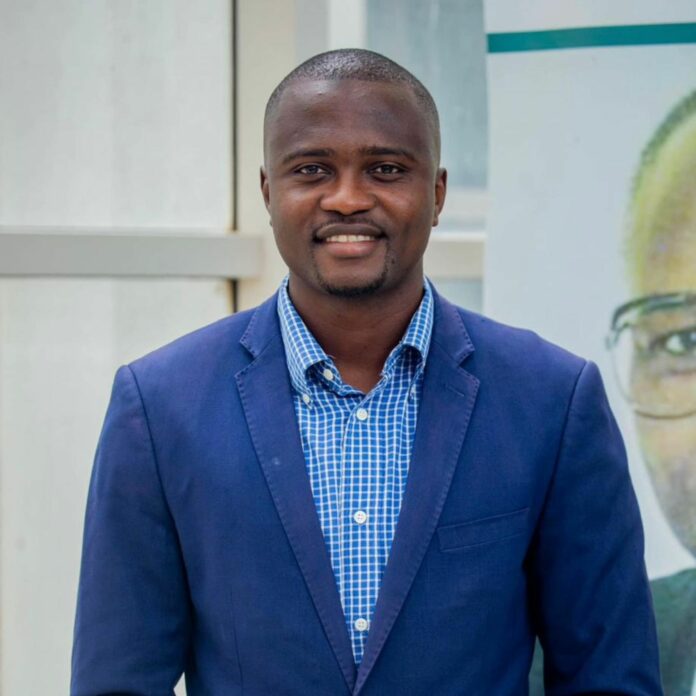The People’s Republic of China and the Republic of The Gambia first established formal ties in 1974, just 9 years after The Gambia regained its independence. Since then, the two nations have been united by a firm commitment to South-South cooperation, bolstered by mutual respect and a shared desire for a more equitable global order.
Over the last five decades, China and The Gambia’s collaboration has thrived in a variety of fields; including politics, economics, culture, and interpersonal exchanges. China’s unflinching support for The Gambia’s sovereignty, independence, and territorial integrity has been matched by The Gambia’s commitment to the one-China principle, although the relations experienced twits and turns.
Former President Jawara laid a blueprint of the second National Development Plan from 1975-81 which primarily focused on constructing a health care system. During this period, the Chinese were interested in advancing Primary Health to a more advanced healthcare system and beneficiary communities include Fajikunda, Yorobawol, Kuntaur, etc.
Notable milestones mark our collaborative path, including the signing of the Economic and Technical Cooperation Agreement in 1974, which triggered Chinese support in critical sectors in infrastructure, agriculture, and healthcare. The formation of the China-Gambia Joint Economic and Trade Committee in 1985 strengthened our cooperation efforts to advance trade and investment objectives.
The resumption of diplomatic relations in 2016 after a brief interruption demonstrates the strength and resilience of the friendship between our the peoples of Gambia and China.
The signing of the Belt and Road Cooperation Agreement in 2018 demonstrates how The Gambia’s socioeconomic imperatives connect with China’s ambitious global infrastructure cooperation initiative. Today, our countries have strong political confidence and close coordination in multilateral institutions such as the United Nations and the Forum on China-Africa Cooperation (FOCAC), promoting common interests in the global arena.
Economically, China is one of The Gambia’s main trading partners and a key source of foreign direct investment. China’s commitment to critical areas such as infrastructure and agricultural projects, education, health, and security in The Gambia exemplifies our meaningful economic and technical cooperation.
Culturally, the Confucius Institute at the University of The Gambia serves as a thriving center for Chinese language instruction and cultural exchange, supporting a vigorous academic exchange program between our countries. Thousands of Gambian students have taken advantage of government scholarships to pursue higher educations in China, strengthening our people-to-people ties. Indeed, the China-Gambia partnership exemplifies South-South cooperation based on values of equality, mutual trust, and respect for various growth paths. Our partnership’s symbiotic character highlights its validity as a paradigm for promoting mutual benefit and prosperity.
Looking forward, I am confident that there exists significant untapped potential to further deepen collaboration between China and The Gambia, particularly within the realm of higher education. The University of The Gambia, as the nation’s preeminent institution of tertiary learning, stands poised to serve as a linchpin for expanded cooperation initiatives.
Proposals to strengthen collaboration include expanding student and faculty exchange programs between the University of The Gambia and Chinese academic institutions, establishing joint research centers to address global challenges, and creating dual-degree programme in areas of mutual interest. Over the years, there has been a significant milestone by the Chinese government in advancing the quality education which complements the education sector policy 2016-2030 through scholarship opportunity for young Gambians to harness their potential to study in China. At China-Africa Leaders’ Dialogue last year, H.E. President Xi Jinping announced the Plan for China-Africa Cooperation on Talent Development, stipulating that China will launch the China-Africa Universities 100 Cooperation Plan and 10 pilot exchange programs of China-Africa partner institutes to support Africa in strengthening education and innovation. At the FOCAC Summit in September, H.E. President Xi Jinping further announced the Partnership Action for People-to-People Exchanges, committing to provide 60,000 training opportunities to Africa, mainly for women and youths.
According to the research shown by standard newspaper, since the reinstatement of the diplomatic between the two countries, from 2016-2024, more than 400 students were offered scholarship opportunities to study in China which has surpassed the trend of UK, US, India, and other countries.
Historically, during the struggle for independence from 1894-1965 to post independence of the Gambia, a large junk of our young people were so much enticed to pursue their degrees in the European countries or even in America. With the immediate intervention of mass Chinese scholarship opportunities, China has now become the turning point for not only the Gambia but across the sub-region.
Furthermore, the incorporation of Chinese and National Gambia languages and cultural studies into our joint academic curriculums will show a promise for strengthening bilateral ties.
In summation, the China-Gambia relationship serves as a beacon of hope, demonstrating the effectiveness of developing-country collaboration in pursuit of common developmental goals.
As we move on with our partnership, let us remain committed to developing political trust, expanding economic cooperation, and boosting cultural exchange. Let us embrace the spirit of friendship, mutual learning, and win-win cooperation as we write the next chapter of our long-standing partnership. Together, China and The Gambia have the power to effect positive change on the global stage, championing peace, development, and a community based on shared prosperity.
Nyaninka Manjang
Student Union (SU) President
University of The Gambia




